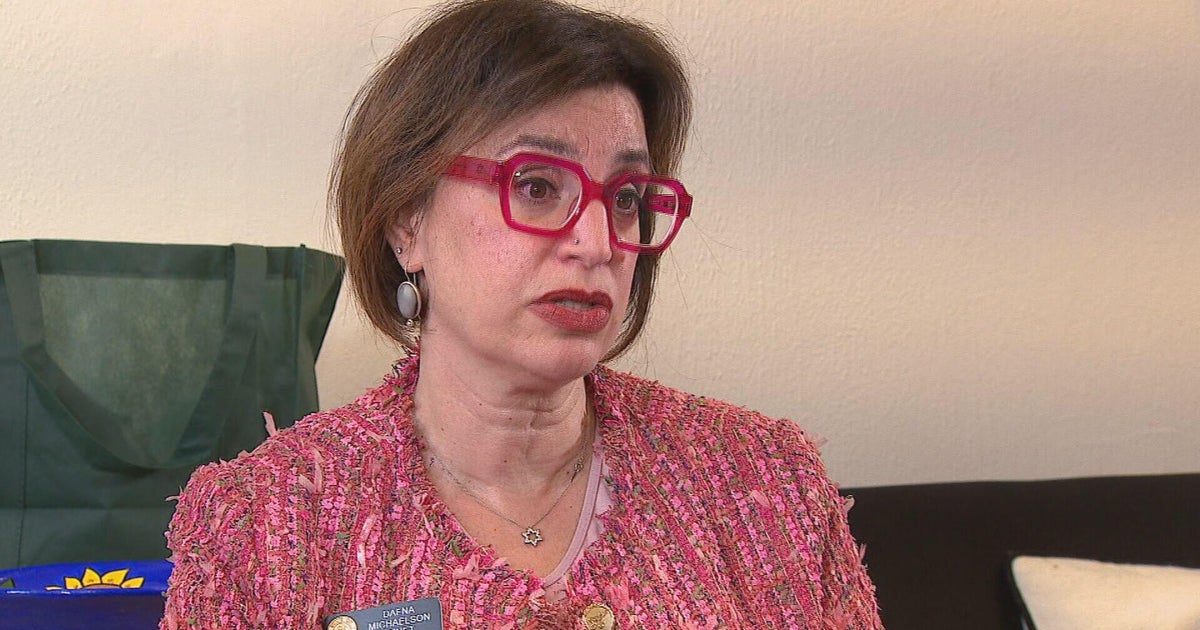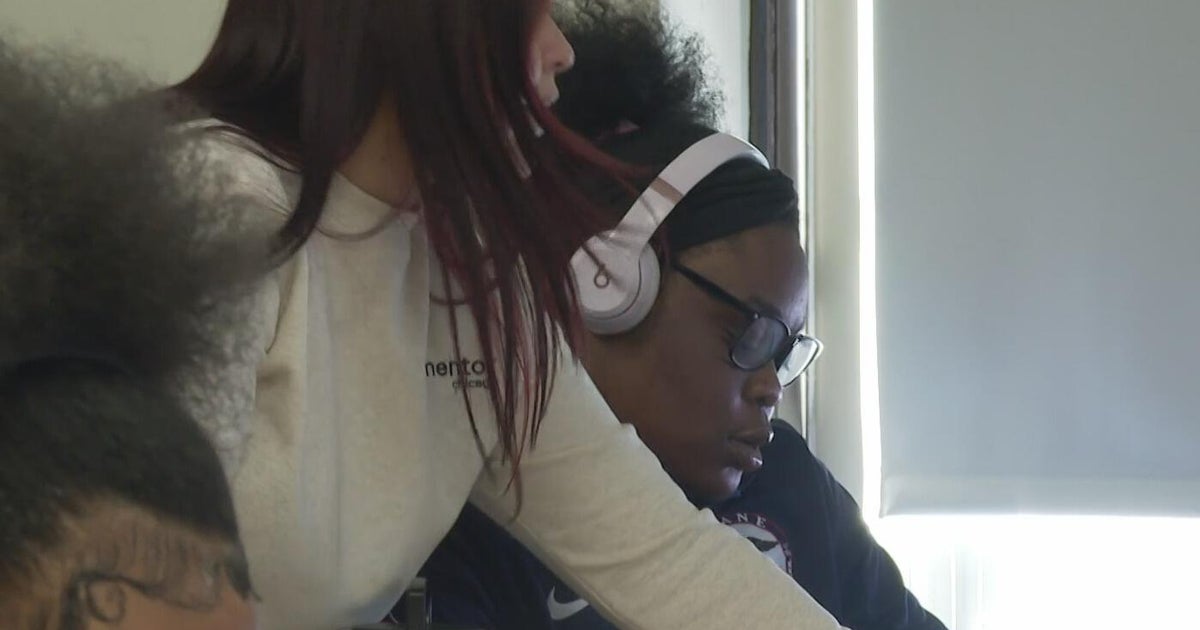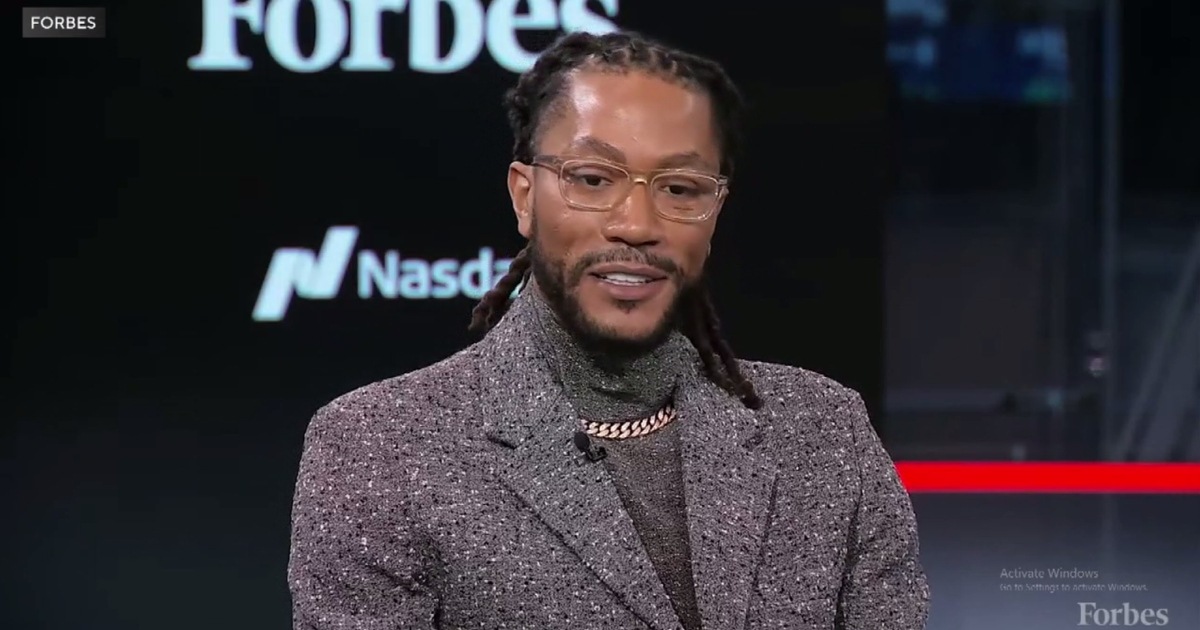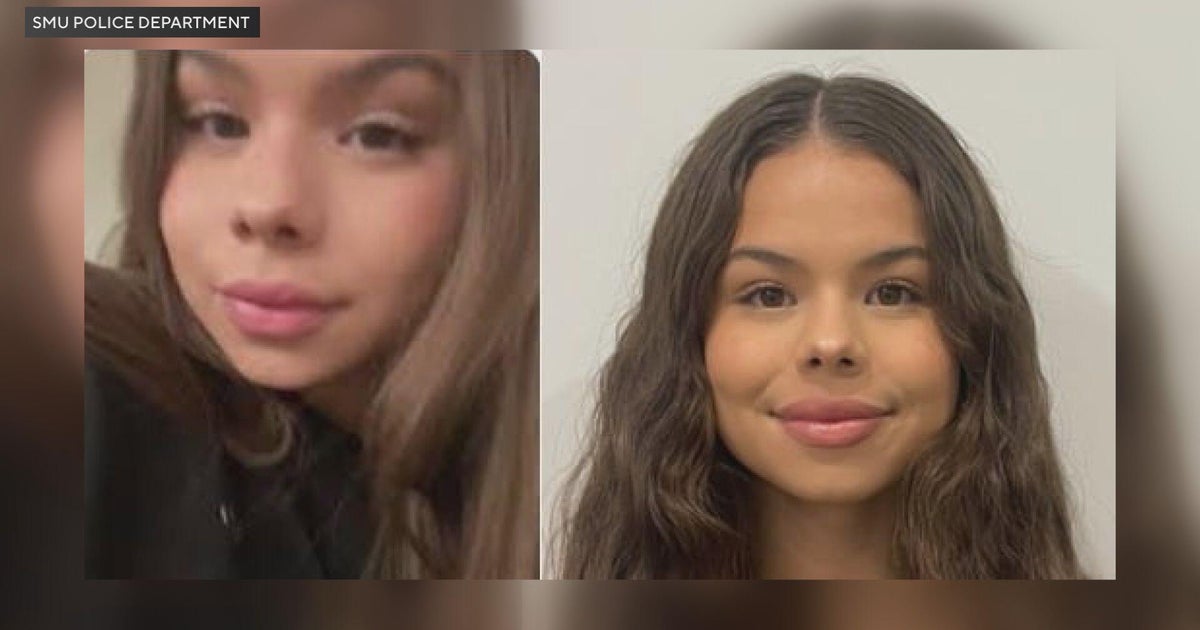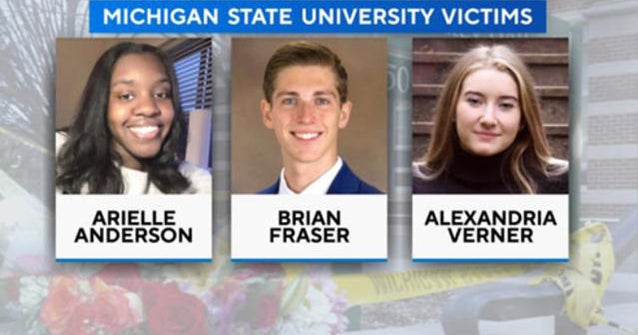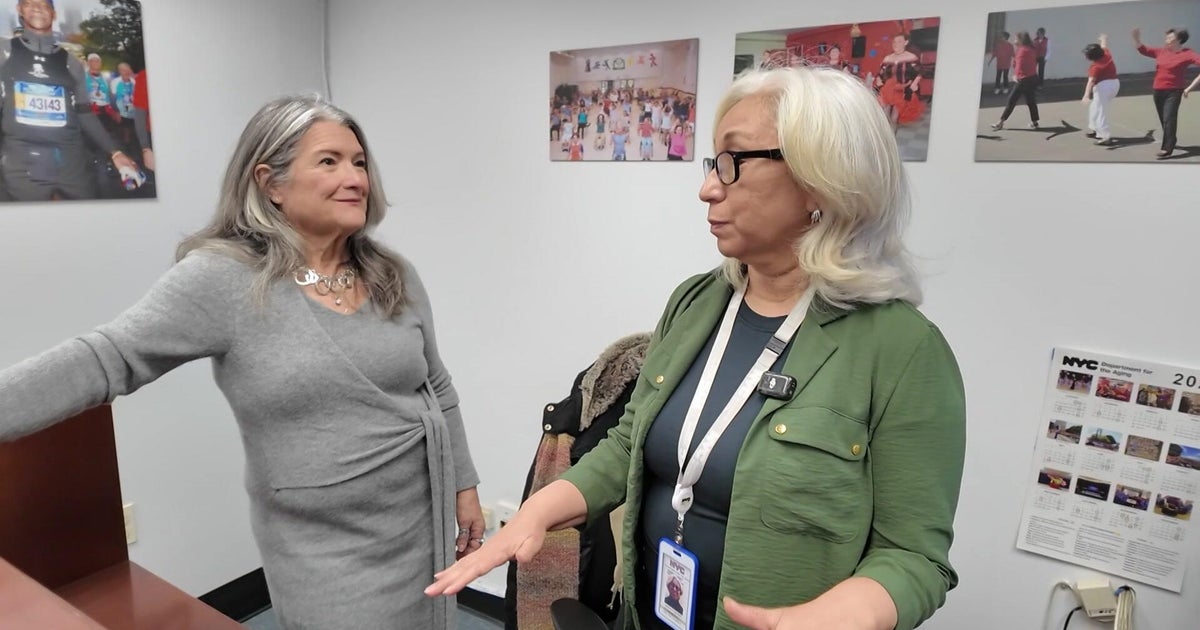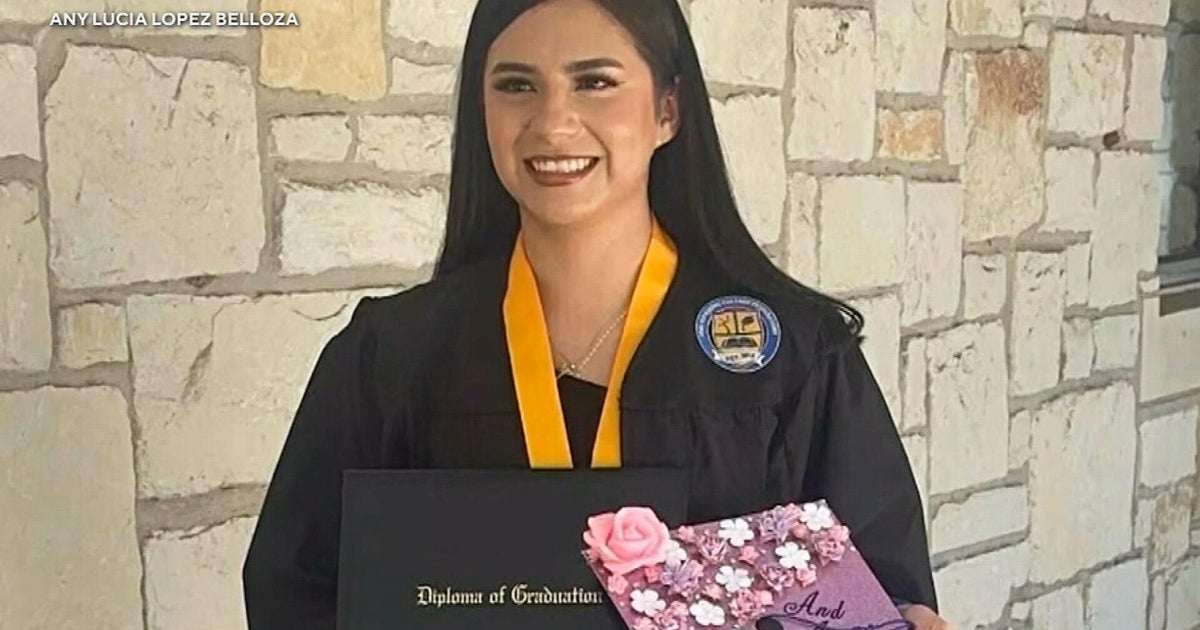Concern rises among Chicago universities, students about antisemitism, Islamophobia
CHICAGO (CBS) -- Rising tensions in the U.S. since the Hamas attacks on Oct. 7 were a topic on Capitol Hill Tuesday, as presidents at several top university were questioned on their response to antisemitism and Islamophobia.
At the House committee hearing, Harvard University's Claudine Gay, the University of Pennsylvania's Liz Magill and the Massachusetts Institute of Technology's Sally Kornbluth appeared before the House Committee on Education and the Workforce to explain and defend their approaches. College campuses continue to be roiled by protests and tensions related to the Israel-Hamas war.
Republicans, including House GOP Conference Chair Elise Stefanik, questioned why the administrators haven't yet punished students or eliminated student groups using hateful and violent language against Jews. The presidents expressed that they disdain antisemitic language but also value free speech.
There has also been an increase in the number of Islamophobic incidents around the country, something Rep. Bobby Scott, the top Democrat on the committee, and the witnesses mentioned.
Meanwhile, CBS 2's Charlie De Mar on Tuesday looked into what local schools and students said they are dealing with.
Pro-Israel and pro-Palestine rallies have been seen at universities across the Chicago area. At the University of Illinois Chicago, a student named Nadiah – who asked us not to use her last name – said she does not feel safe on campus or supported by her own university.
"It's understood that our school administration is complicit if they continue to politically support Israel in this moment," she said. "We're being under attack just for the things we wear; just for how we look like. At this moment, no, I don't feel safe."
Meanwhile at the University of Chicago, a Jewish leader with whom we spoke said students have felt intimidated on campus since the start of the war between Israel and Hamas.
"It's jarring - which is probably their intent - but we have students that refuse to walk on the quad," said Rabbi Yossi Brackman, director of the ROHR Chabad at UChicago.
Brackman has been vocal in his support for Israel in the days since the Oct. 7 attack by Hamas – which Israel said killed more than 1,000 people.
"Unfortunately, what we're seeing on campus today is lots of voices of antisemitism," Brackman said. "I think that there's s a lot of discomfort; I there's a lot of rhetoric that is troubling."
After the Hamas terrorist attack on Oct. 7, a number of student organizations at Harvard released a statement blaming Israel for the bloodshed, drawing backlash from prominent alumni and U.S. lawmakers. Harvard leaders were then criticized for being too slow to condemn the student organizations and not doing so more forcefully. On Tuesday, Gay recognized the rise of antisemitism across the country and on her own campus, as well as a rise in Islamophobia.
"During these difficult days, I have felt the bonds of our community strained," Gay said. "In response, I have sought to confront hate, while preserving free expression. This is difficult work. And I know that I have not always gotten it right. The free exchange of ideas is the foundation upon which Harvard is built, and safety and well being are the prerequisites for engagement in our community."
A number of antisemitic incidents have also been reported at the University of Pennsylvania, including "vile" messages that were projected onto campus buildings and "disturbing" emails that threatened violence against members of the campus' Jewish community. The FBI was alerted to the threats, according to the school's president.
MIT has suspended a number of students from nonacademic activities after protesters refused to leave a campus building, bringing criticism that the punishment did not go far enough. Jewish students have said they feared for their safety and were physically blocked from attending classes.
Pamela Nadell, a professor of Jewish history at American University and the fourth witness at the hearing, testified that the "antisemitism igniting on campuses today is not new," but rather "part of a long history of American antisemitism."
